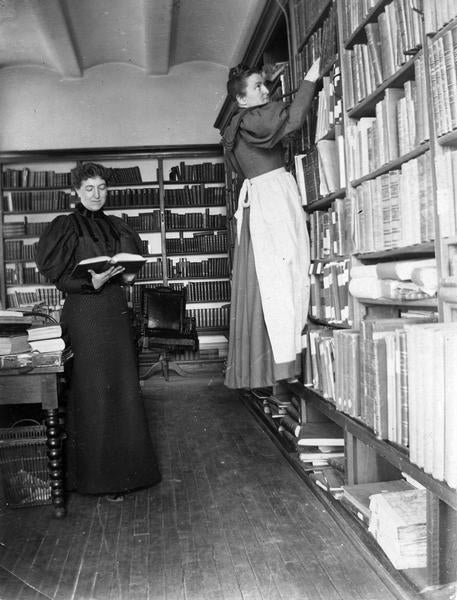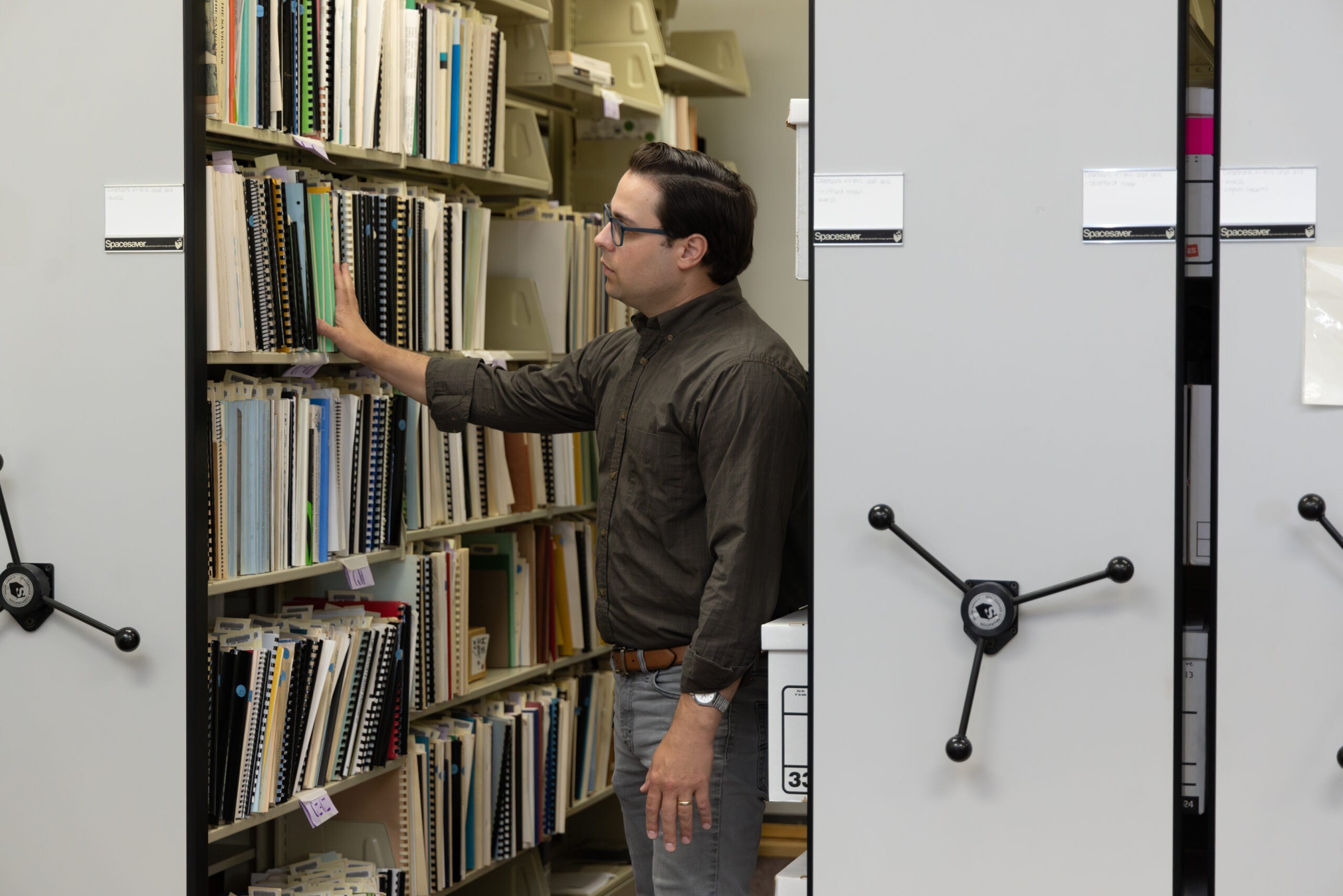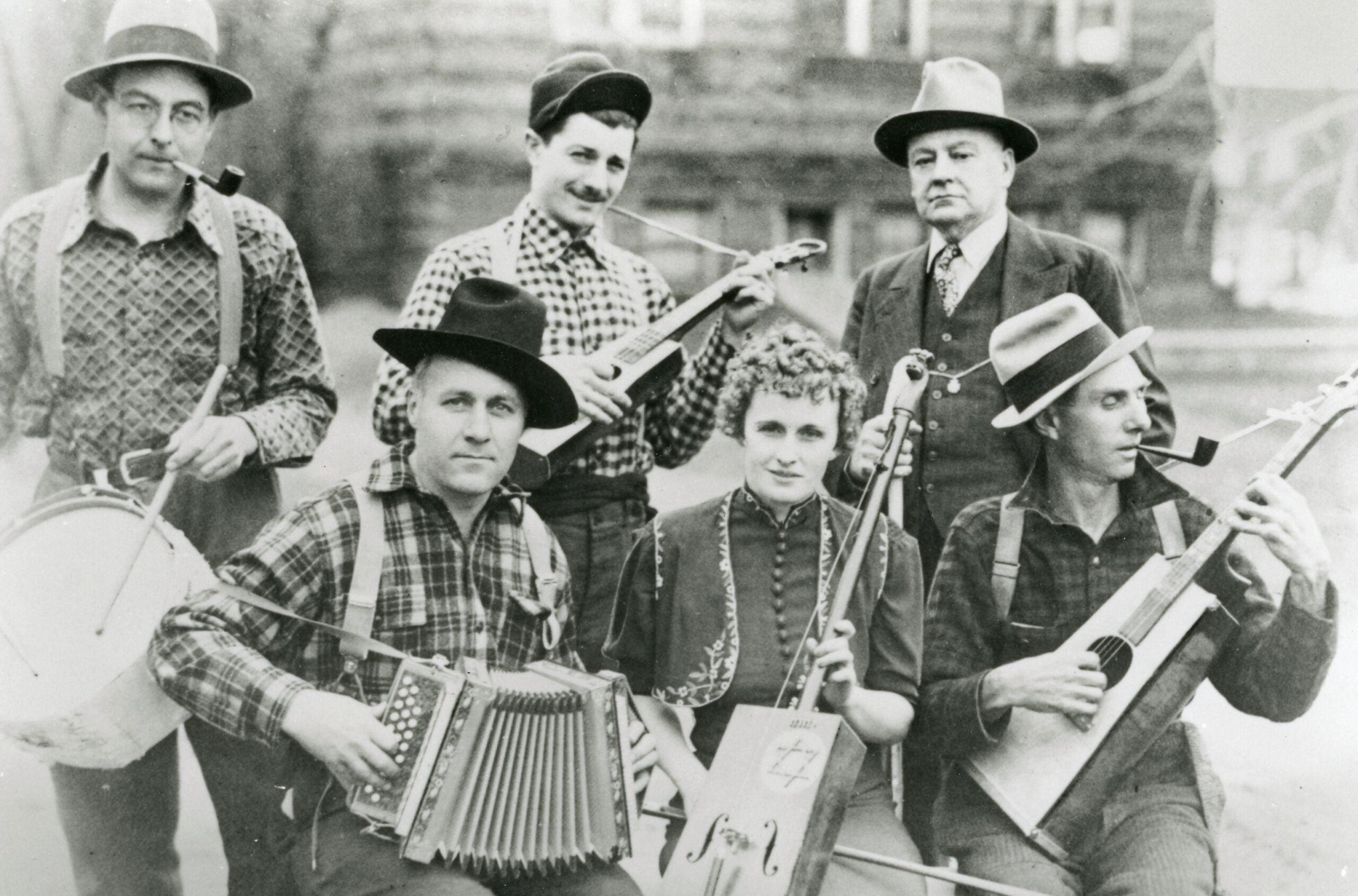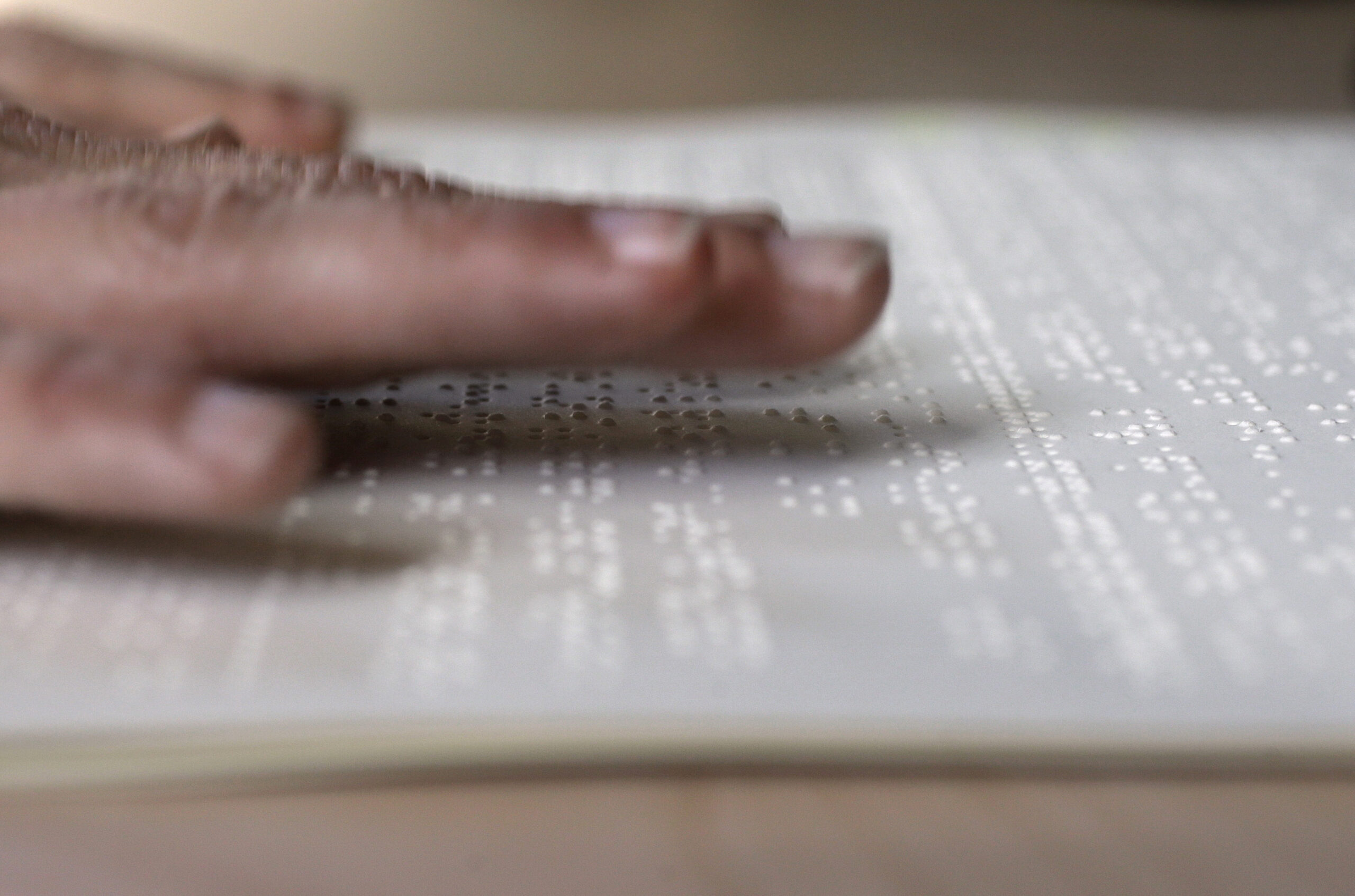The above image shows two Wisconsin Historical Society librarians at work in the 1890s, one engaging in book retrieving behavior that a local library may frown on.
Libraries have a long history in Wisconsin.
On April 20, 1836, an Act of Congress created both the Territory of Wisconsin and appropriated money for the creation of the Wisconsin State Library. The following year, Peter Engle, speaker of the territorial House of Representatives, traveled east to purchase 1,500 books to get the library going.
Stay informed on the latest news
Sign up for WPR’s email newsletter.
Early fines at the State Library were hefty. The 1852 library catalogue details a fine of 25 cents per day, the equivalent of $10 in today’s dollars! That’s the same fine charged by the Madison Public Library today.
Wisconsin’s State Library is still around, but it’s known as the Wisconsin State Law Library today.
Other libraries opened around the state in the 19th century, including the Young Men’s Association Library in Milwaukee, the Beloit College Library, and the Sparta Public Library. These libraries were given a boost with the establishment of the Wisconsin Free Library Commission in 1895.
The Wisconsin Free Library Commission was created to assist and improve Wisconsin’s system of free public libraries. It also provided training for librarians, and created a system of traveling libraries to bring books to rural residents and to build local support for free libraries. In 1900, Wisconsin had nearly 240 traveling libraries. According to the commission’s 1900 annual report, “In library work, class, denominational and social distinctions are forgotten or ignored and many towns are getting most important lessons in united work.”
Wisconsin Public Radio, © Copyright 2025, Board of Regents of the University of Wisconsin System and Wisconsin Educational Communications Board.





